environment

Cleaning Up Brownfield Sites Benefits Environment, Nearby Property Values

Dust, Pollution, and Decreasing Oxygen in the Tropical Pacific
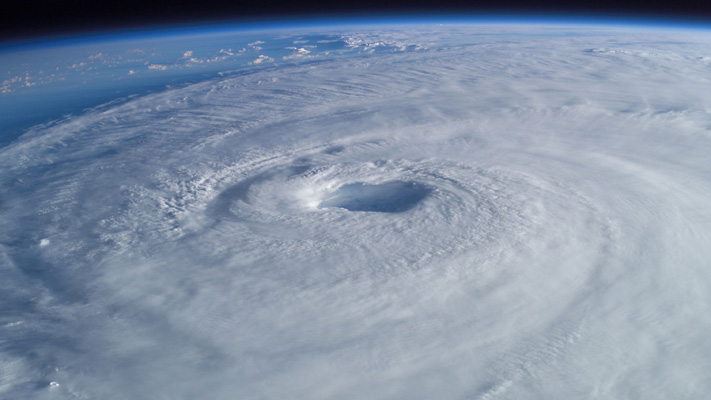
East Coast Should Expect Active Hurricane Season, Researchers Say
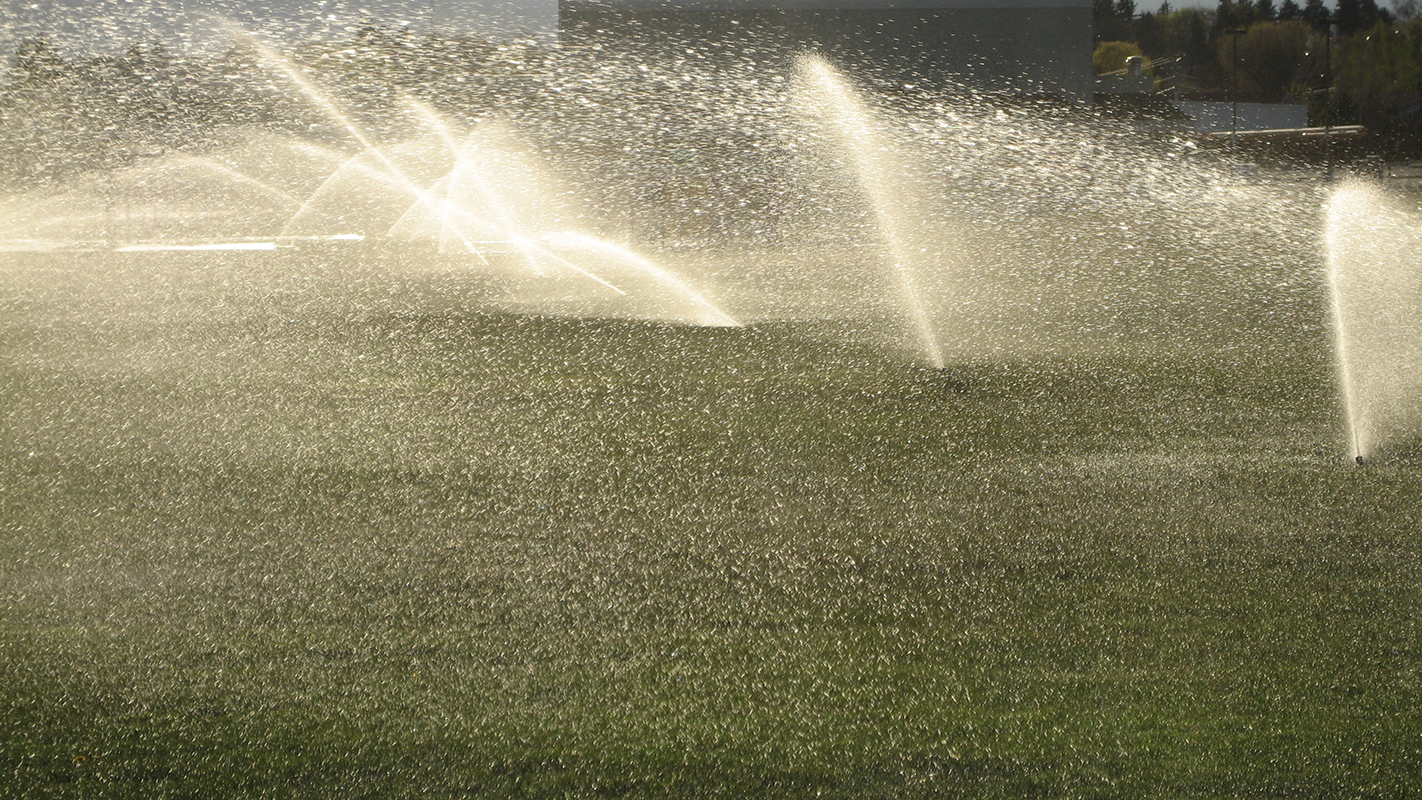
How Forecasting Water Reclamation Use Can Save Money, Water Resources
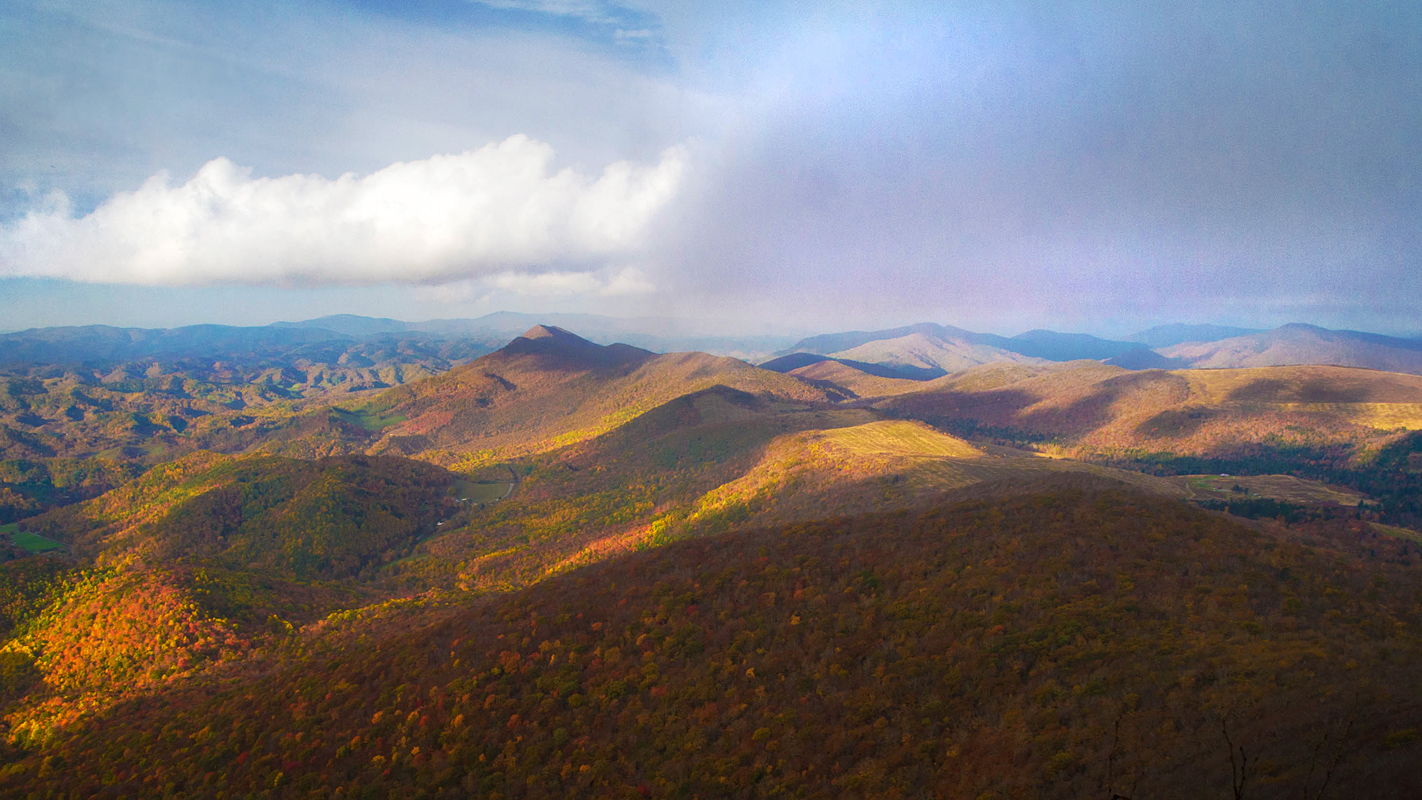
The Biochemistry of Fall Foliage

Register for Inaugural Global Change Symposium
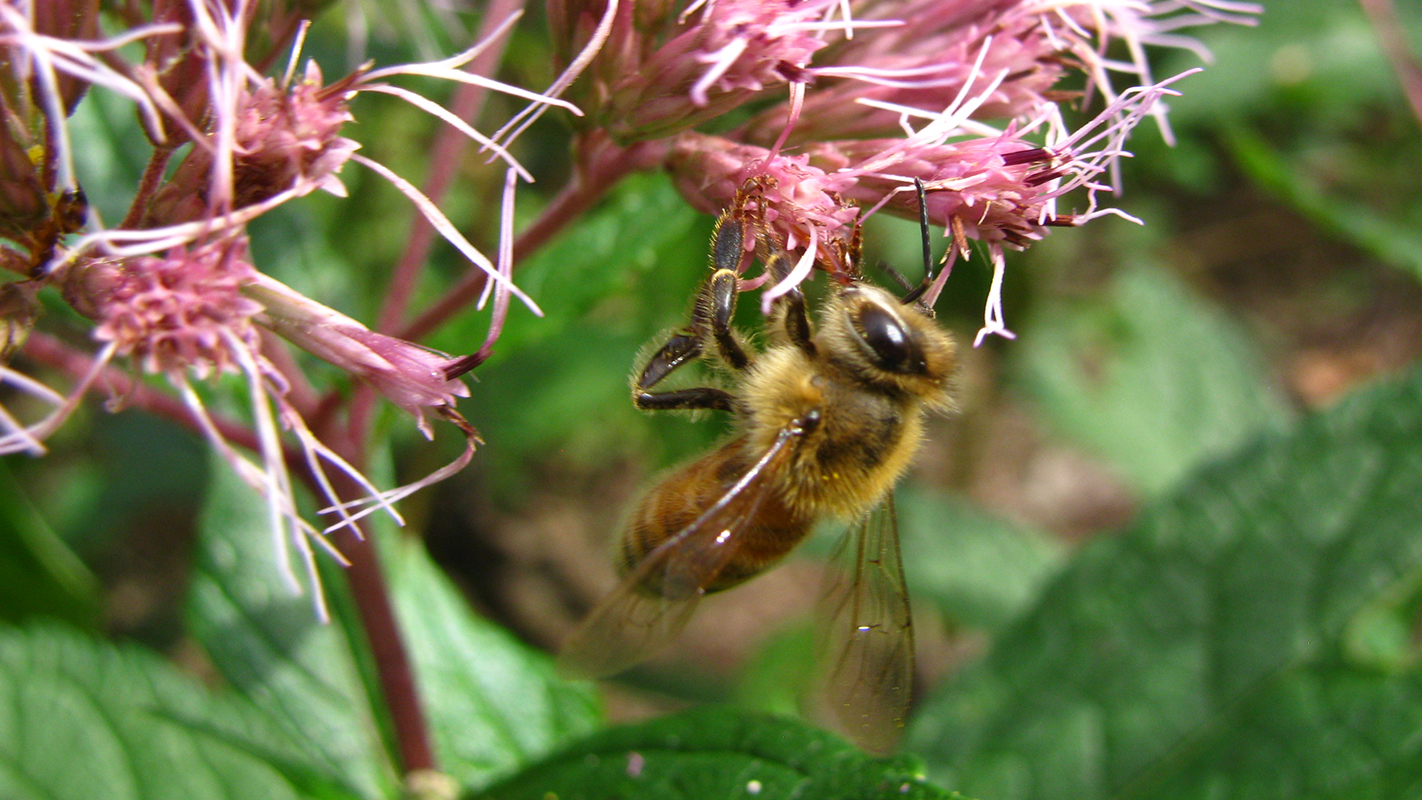
Experts Convene to Discuss How to Protect Bees, Other Pollinators

The Butterfly Effect: Insect’s Wings Key to Azalea Pollination
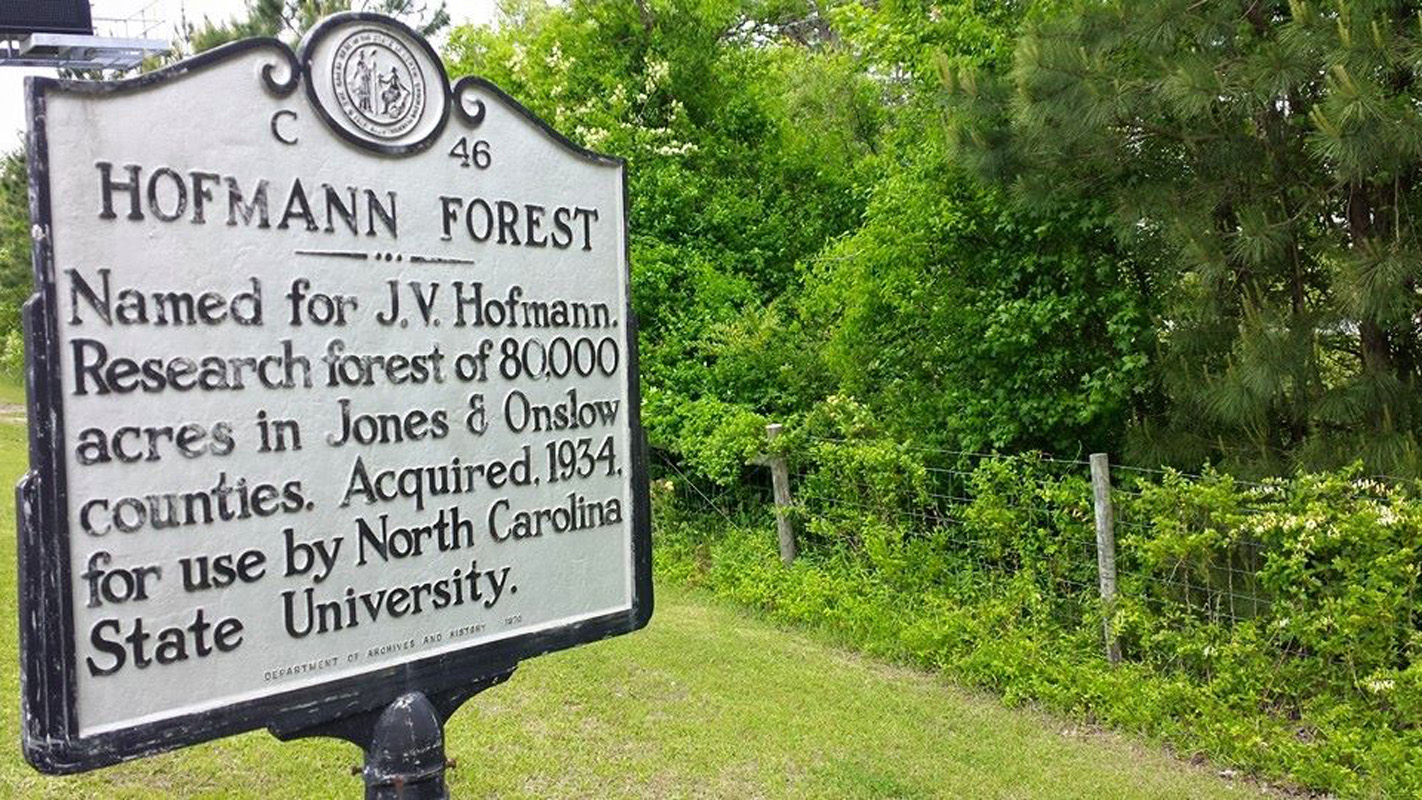
The Conservation Fund Selected to Lead Hofmann Forest Negotiations
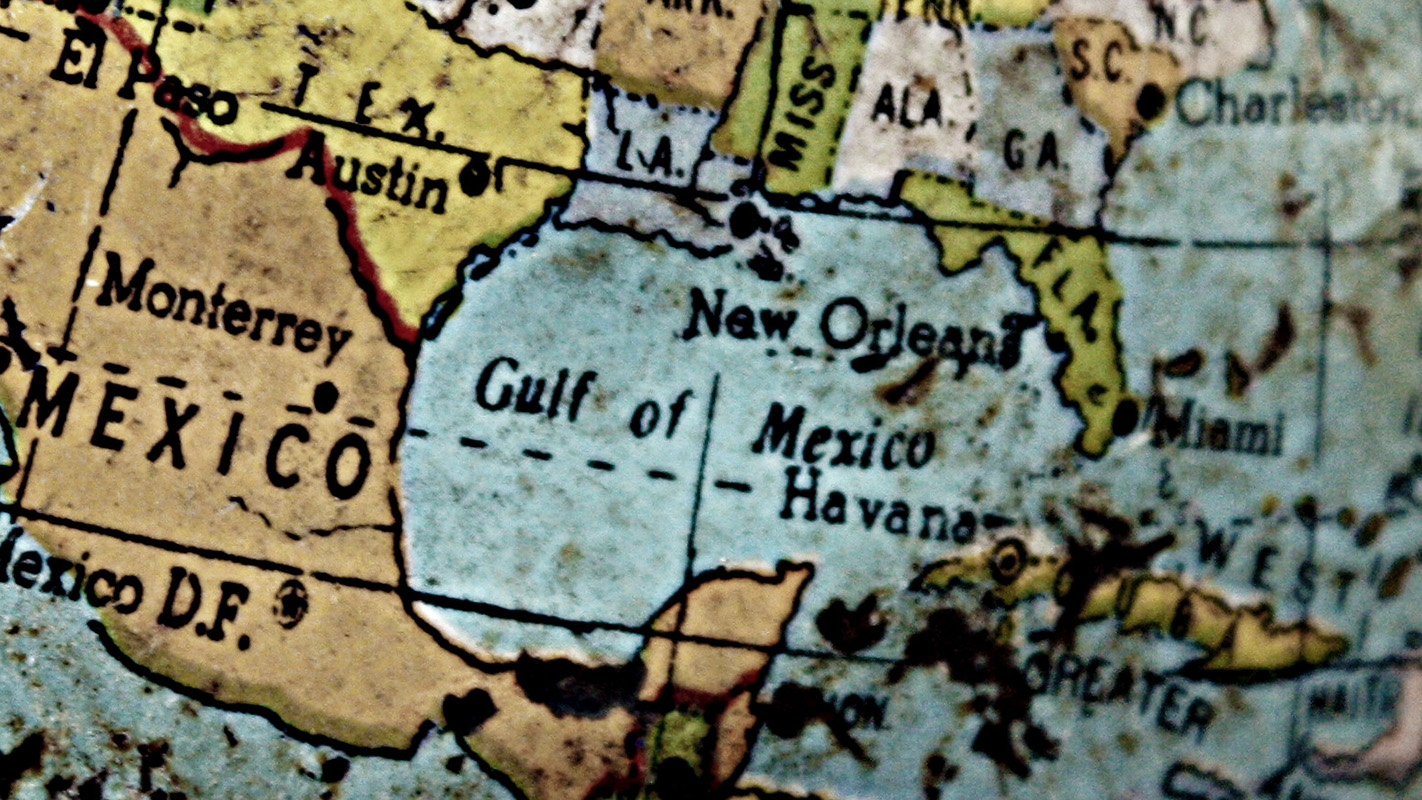
How Do Scientists Predict the Size of a ‘Dead Zone’?
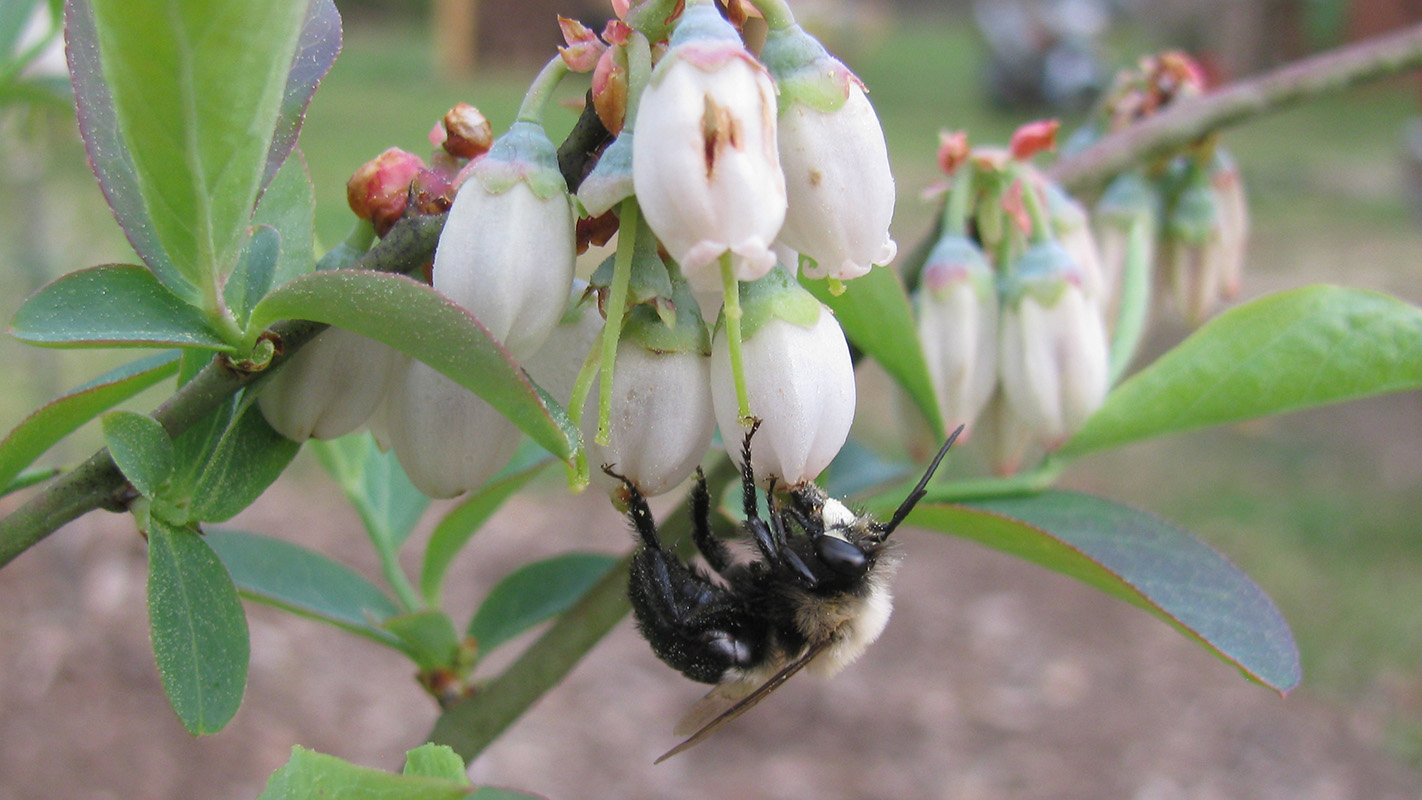
Top 5 Reasons to Garden for Native Bees

Cross-Population Study Links Individuals’ Chemical Sensitivity, Genes
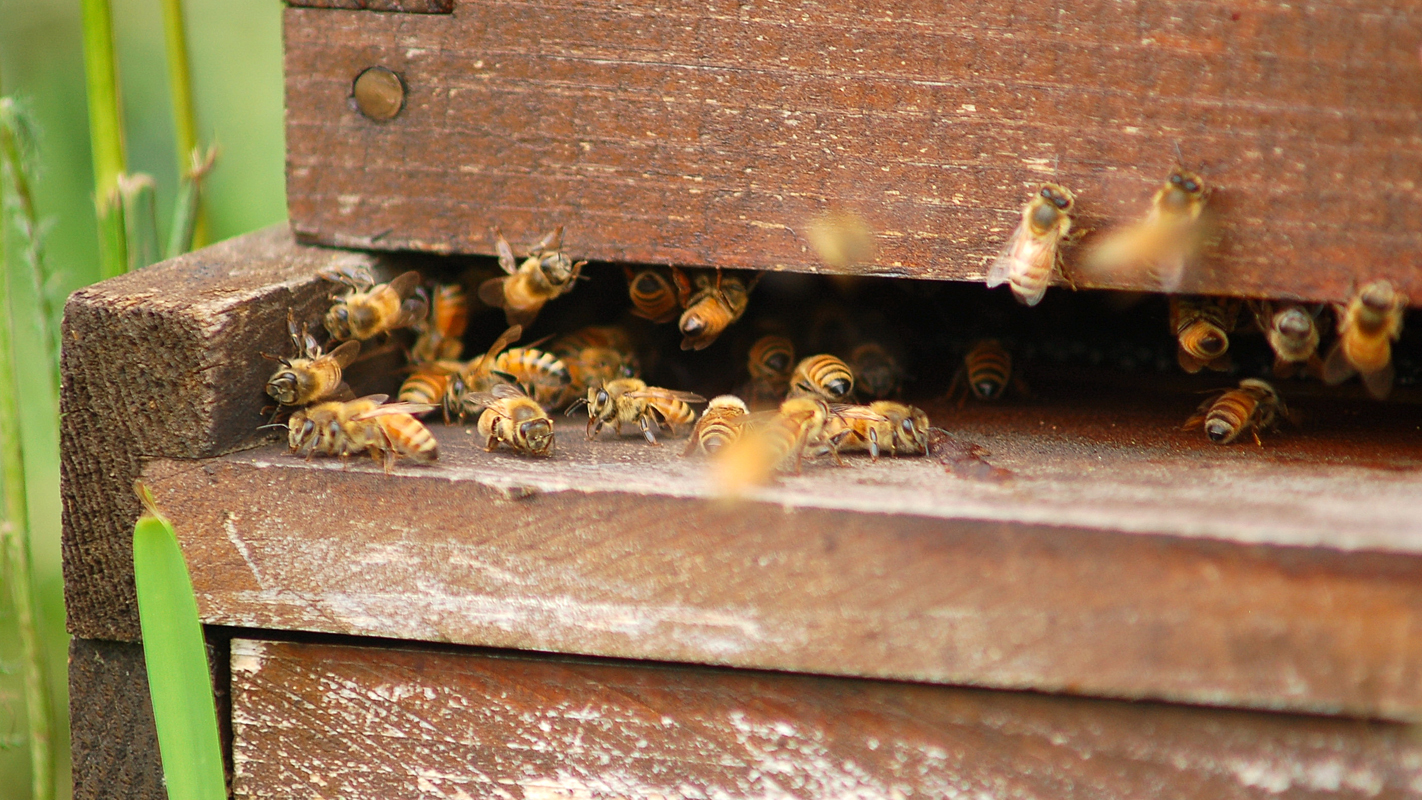
How Science Can Help Beekeepers Protect Their Colonies
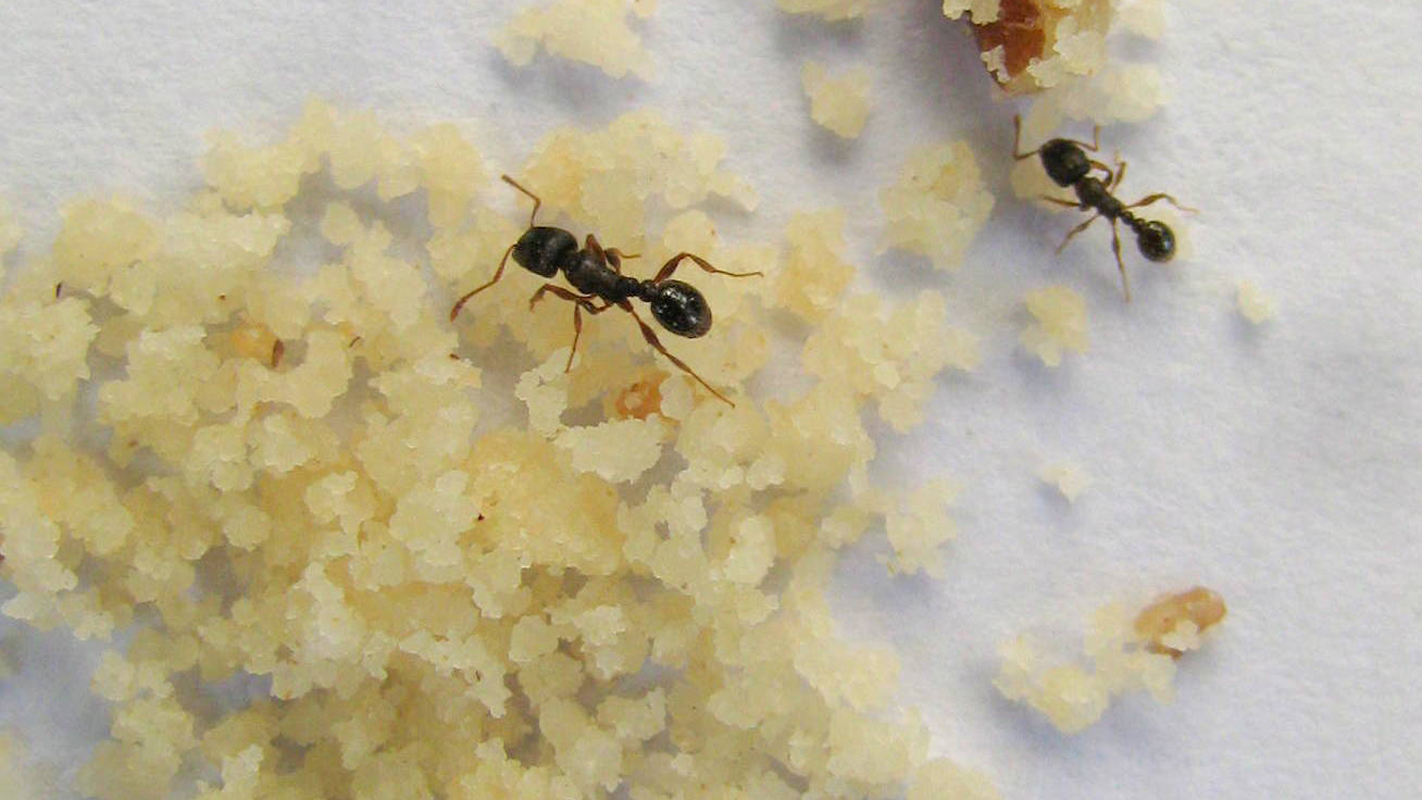
Study Finds Insects Play Important Role in Dealing with Garbage on NYC Streets
